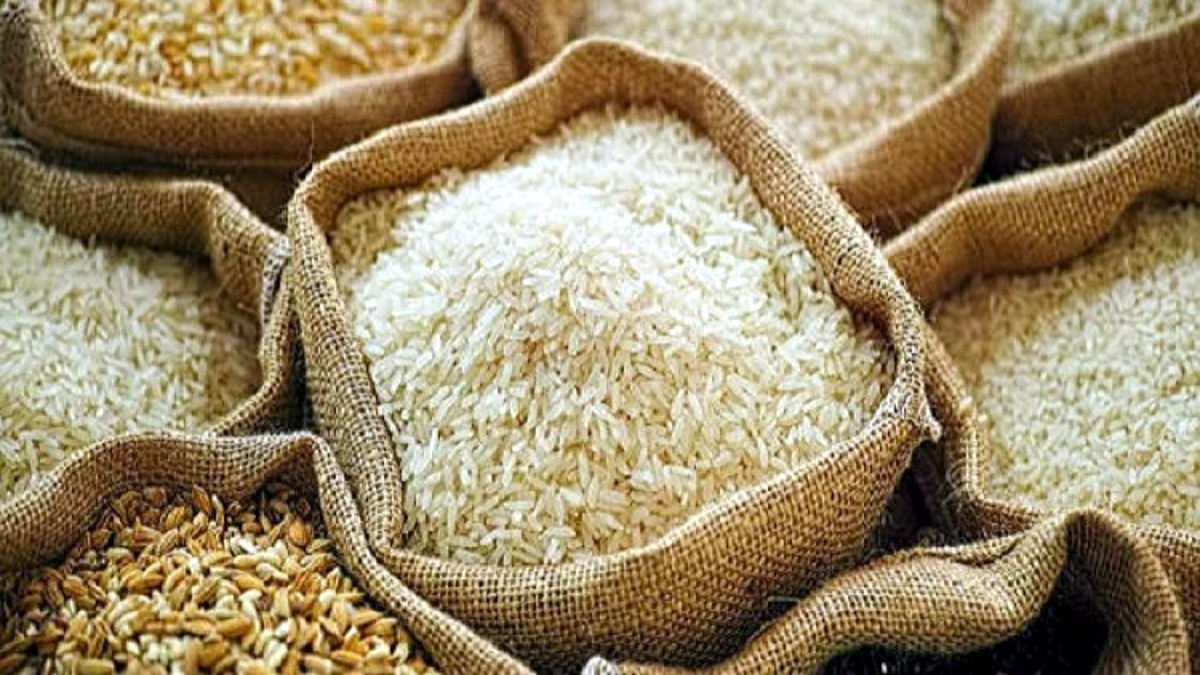TITABAR (Assam), Nov 19: A rice research institute here celebrating its centenary year is working towards developing a high-yielding premium quality version of Assam’s famed aromatic Joha to add to its avant garde collection that includes among others a diabetic-friendly purple rice variety.
The Assam Rice Research Institute (ARRI), about 20 km away from Jorhat, began as a rice experimental station in 1923 to cater to the issues faced by farmers from the Brahmaputra valley of the state.
The institute, which has played a key role in increasing production and productivity of rice in the state since its inception, came under the administrative control of Assam Agricultural University (AAU) in 1969 as Rice Research Station.
On January 27 this year, the station was re-designated as Assam Agricultural University-Assam Rice Research Institute (AAU-ARRI).
AAU-ARRI chief scientist Sanjay Kumar Chetia said the institute is now focused on need-based agriculture.
“That is the reason ARRI now does market survey, invites stakeholders like farmers, retailers, wholesalers, millers and companies for information on what aspect it should focus its research. For instance, ARRI is now focusing its research on development of climate-smart cultivars such as drought tolerant, biotic and abiotic stress tolerant, anaerobic germination tolerant cultivars for direct-seeded rice,” Chetia told PTI.
“The research also focuses on development of biofortified rice varieties rich in zinc and iron content. Research work has also been undertaken to develop high-yielding premium quality aromatic Joha rice and high yielding red rice varieties,” he said.
In 2022, ARRI developed and popularised a high-yielding purple rice variety Labanya.
“There are many nutritional qualities that make Labanya diabetic friendly. It has a lower GI (<55), high dietary fibre, higher antioxidant content (68 µg/ml), and higher phenolic compound (61 µg/ml). To add to these, this variety has high head rice recovery and is easy to cook,” Chetia said.
He, however, added that diabetic-friendly rice varieties are not that popular among the farmers because of poor yield.
On other varieties, he said though there is great demand for the aromatic Joha rice in Assam, it is not able to reach the markets in other parts of the country as desired.
“This is mostly because the production of Joha rice is lower than normal rice which could only meet the demands of the domestic market. Also, the farmers are not aware of the market of Joha in the country and profitability of this class of rice,” Chetia, who is behind the development of several rice varieties, said.
AAU-ARRI currently has 11 scientists and 30 research scholars. It occupies about 50 hectares of land of which 40 hectares are cultivable land. Of these 40 hectares, about 13 hectares are being utilised for research and in the remaining 27 hectares, quality seeds of popular rice varieties are produced.
Research on rice is undertaken in six disciplines – plant breeding, agronomy, soil science, plant pathology, entomology and plant physiology. So far, the institute has developed more than 45 rice varieties through its breeding programme which include Ranjit, Bahadur, Piyolee, Kushal and Moniram.
Ranjit and Bahadur have become a household name among the farmers not only in Assam but also in neighbouring states like Bihar, Odisha and West Bengal and countries like Nepal and Bhutan.
Earlier this month, three high yielding rice varieties developed by AAU-ARRI – Prachur, Satabdi and Patkai – were released for cultivation.
Junior Scientist Jyoti Lekha Borah said the institute is organising an international conference on “Next-Gen Preparedness for Food Security and Environmental Sustainability” from November 22-24 as part of the centenary year celebrations. (PTI)


